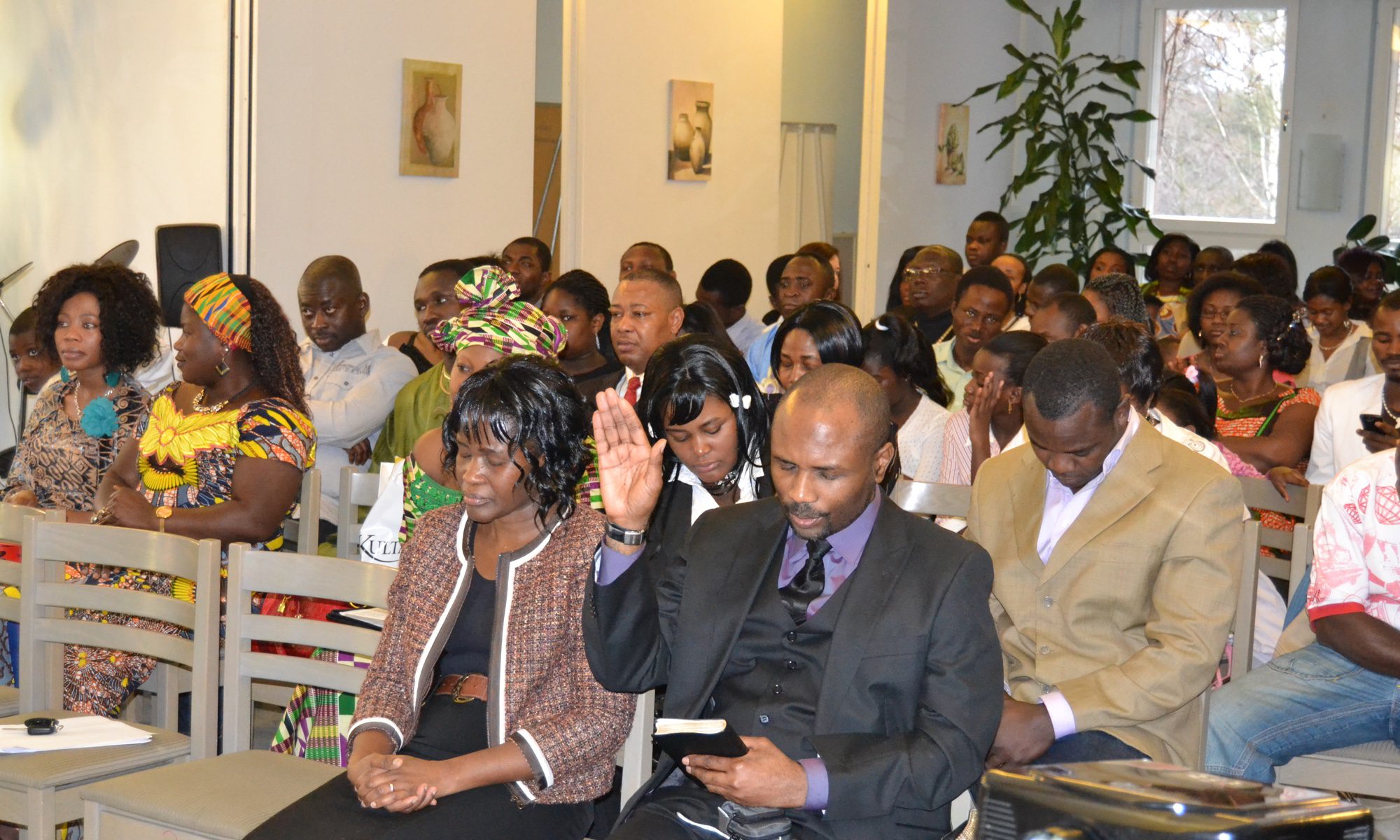Introduction
This thesis discusses practical and applied interpretations of David´s conception of God´s leading in Psalms 23:1-3. David considers himself a sheep, and God, a Shepherd. It is known that, like camels, sheep can go long periods of time without water, and then drink as much as nine liters. In contrast, goats, are quite independent but sheep depend on the shepherd to find pasture and water. Sheep are also provided with shelter, medication, and support in birthing. They are virtually helpless without a shepherd (IVP Bible Background Commentary). In this Newsletter, `to lead` means guidance or a going before as Webster puts it, and as recorded in Ex. 15:13 and Psalms 31:3.
He leads me beside the still waters
“The LORD is my shepherd; I shall not want. He maketh me to lie down in green pastures: he leadeth me beside the still waters. He restoreth my soul: he leadeth me in the paths of righteousness for his name’s sake” (Psa 23:1-3).
To David, still-waters are not pools of water collected at any particular place or location on earth. God leads believers through His Spirit to Himself. Thus, still-waters are not to be found in any other place but in God Himself. This is evidenced in Isaiah 55:1, where God invites people to come to Him and drink. It is written: ho, every one that thirsts, come to the waters, and he that hath no money; come, buy, and eat; yea, come, buy wine and milk without money and without a price. Jesus affirms this when He strongly contend that anyone who comes to Him shall never hunger, and s/he who believes in Him shall never thirst. God gives believers His sweet and gentle Spirit to quench their thirst (Joh 6:35).
Jesus Christ reiterated this when he cried out in the last day, that great day of the feast, saying, if any person is thirsty, let him come unto me, and drink, for those that believeth on me, as the scripture hath said, out of their bellies shall flow rivers of living water (Joh 7:37-38). It is added that in talking about the rivers of living water, Jesus was referring to the Holy Spirit, which they that believe on him should receive. The Holy Spirit was not yet given; because Jesus had not yet been glorified (Joh 7:39).
Paul also explains that the rock that Moses struck, from which the Israelites drank water, in the wilderness (Num 20:11), was Jesus Christ. Paul says that that Rock followed them in the wilderness and the water from it, he calls it spiritual drink (1Co 10:1-4). This, David knows, that, God would always quench believers thirst if they trust Him to be their Shepherd. According to David, God does not only lead him to still waters but also in the path of righteousness.
He leads me in the path of righteousness
After the Lord God has restored the wandering souls by leading them to Himself, He continues to lead them in the paths of righteousness. God does this for the sake of His own name, to bring glory to Himself. When God provided water to the Israelites to continue their journey to the promise land, He expected them to continue walking in righteousness, but they failed to do so, for which reason, they were killed on the way (Num 26:64-65, 1Co 10: 5-11).
The salvation of believers does not end at the restoration of souls but continues throughout their life on earth. Salvation is not by works, but by grace through faith in Christ Jesus (Eph 2:8). It is not by the good works people do that brings them salvation (Eph 2:9), but after redemption from unbelief and sinful practices, people are to continue to observe good works (Eph 2:10, Col 1:10, 2Ti 3:17). It needs to be understood that, good works without Christ, is self-righteousness, which has no place in the kingdom of Christ because the righteousness of Christians is by Christ. As it is written; Christ is our righteousness (Jer 23:6, 33:16). Peter writes that Jesus bore our sins in His own self, while on the cross, that we, being dead to sins, should live unto righteousness (1Pt 2:24). That is, unto Christ. Righteousness must be pursued daily with the grace of our Lord and Savior, Jesus Christ. It is only the grace of God that empowers believers to live righteously. And it is only God who leads Christians in the paths of righteousness. He would never lead us astray.
Conclusion
David has complete trust in God that when his soul wanders and is exhausted and dying of thirst, the Lord God would lead him to Himself to drink of the abundance of living waters, and that, when he is wavering between choosing to do wrong and right, the Lord would lead him through the path of righteousness, which is Christ Jesus Himself.
Prayer: Almighty God, we place our faith in you to lead us unto yourself. May we always walk in your paths and adhere to that which is good. May we not look to any other place to quench our thirst but unto you, to the refreshing of our souls. Lead us o Lord, to make the right choices. In Jesus´ name. Amen!

